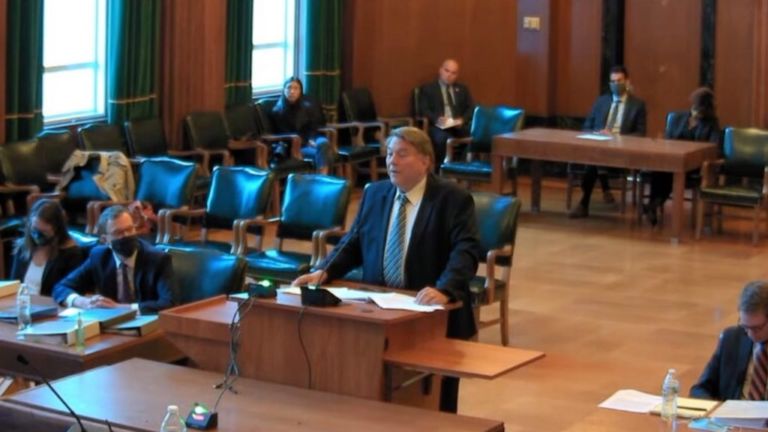As noted in my latest Fiscal Insight newsletter, the Reason Foundation has just published an insightful and damning report on the nature and consequences of generational welfare in the United States. The entire 13-page report is worth reading, but let me summarize the key themes here.
Nick Gillespie and Vernoique de Rugy examine the divide between Baby Boomers and retirees and their descendants, and they do not mince words against the enormous flow of theft towards the elderly. Social Security and Medicare alone account for $1.3 trillion of federal spending each year, and Social Security alone is the largest federal program of them all at $725 billion in 2011. Medicare, in particular, now covers “ever more types of people and conditions [at a] cost and scope beyond the wildest imagination of their initial backers.”
“[T]he boomers… have become reactionary elders, clinging to their power and perks at the literal expense of everyone younger.” And the authors call on them to “stop sucking up more and more money from the children and grandchildren.”
 One reason why this theft is particularly ironic and unjustified is the wealth divide between young and old—since the recipients are the wealthier ones.
One reason why this theft is particularly ironic and unjustified is the wealth divide between young and old—since the recipients are the wealthier ones.
“In 1984, reports the Pew Research Center, households headed by people 65 or older had 10 times the wealth of households headed by people under 35. By 2005—before the Great Recession hit—the gap had increased to 22 times, and by 2009 it was 47 times. In 2010, 11 percent of households headed by people 65 or older were officially under the poverty line. For households headed by someone under 35 years of age, the figure was 22 percent.”
Not only do the elderly tend to be wealthier, they also tend to have lower living costs. “The cost of living for a married couple with children ages 6 to 17 is at least twice the cost for a retired couple,” as documented in the new book from Laurence Kotlikoff and Scott Burns, The Clash of Generations.
That raises the question, “why should we spend increasing amounts of money… on a group of people simply because of their age?” Duh, we shouldn’t. “From any serious fiscal or moral viewpoint…” they continue, “there is something wrong with perpetuating a system that doles out scarce tax dollars to recipients regardless of need. Old-age entitlements aren’t a problem to be adjusted; they are a blot to be thoroughly mopped up.”
The counterargument that these welfare programs for the elderly somehow get younger people “off the hook”—not having to bear the cost of supporting their elders—is also left wanting. “This rhetoric about entitlements freeing the young ignores the fact that they are hit with the cost of supporting their elders in every paycheck.”
What about those contributions people have made? Don’t they deserve those back? Well, federal officials have lent that money to themselves, to spend it while upholding the facade of a trust fund. Social Security is already in a cash-flow deficit—the Ponzi Scheme has broken—and payroll taxes never fully-funded a Medicare program that grew to be almost ten times its intended size in just a couple of decades.
Additionally, the Supreme Court has ruled that Social Security is not a retirement system with legal claims or accrued assets. We do better to describe it as two distinct activities; one is a tax and one is a welfare program for the elderly.
“While it is terrifying for all of us to consider losing the money we’ve paid into Social Security, the fact is that we already have. It makes no moral sense to string along a program that winds up screwing even recent beneficiaries as measured by money in vs. benefits out.”
The reference to morality pervades the entire article, beyond the fiscal flaws—not that the authors are optimistic of change anytime soon.
“It is hard to know which is more depressing: the punishing and sure-to-rise price that younger Americans are forced to pay for a system that steals from the relatively poor to give to the relatively rich, or the smugness with which champions of this patently unfair system insist on its righteousness.”
For more on the political viability of alternatives and the need for reform of Social Security, please read my recent column on the matter, “The Status Quo Should be the Real Third Row.”



